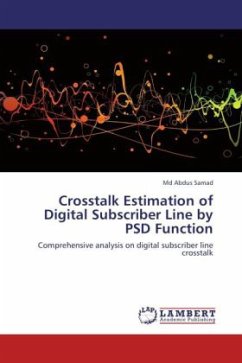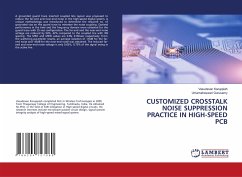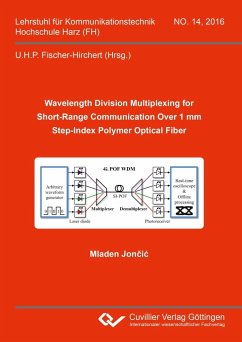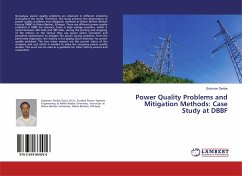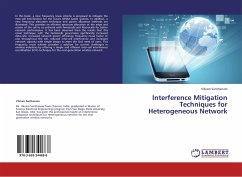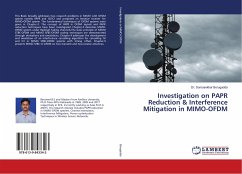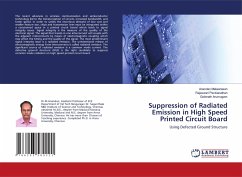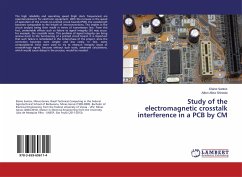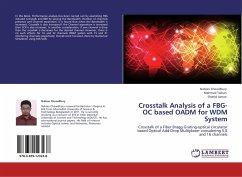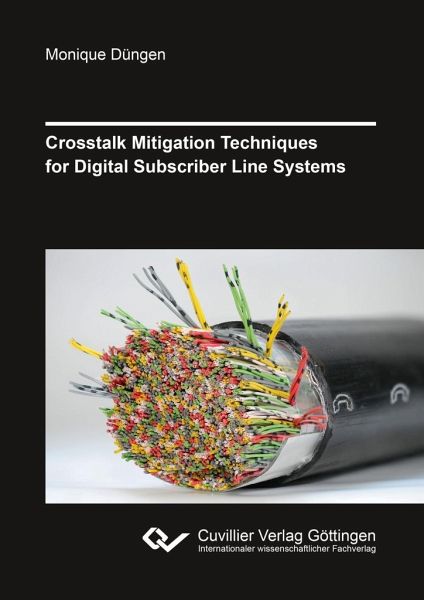
Crosstalk Mitigation Techniques for Digital Subscriber Line Systems

PAYBACK Punkte
0 °P sammeln!
To allow DSL systems to support an always increasing amount of high-rate applications and run them stably, high data rates need to be guaranteed at a limited amount of computational complexity available for crosstalk mitigation. In this dissertation, first a channel estimation technique and channel adaptation procedures are presented as sufficiently accurate channel state information is the basis for many crosstalk reduction methods. The proposed techniques lead to increased performance of DSL systems. In the second and main part, crosstalk mitigation methods to fulfill data rate constraints i...
To allow DSL systems to support an always increasing amount of high-rate applications and run them stably, high data rates need to be guaranteed at a limited amount of computational complexity available for crosstalk mitigation. In this dissertation, first a channel estimation technique and channel adaptation procedures are presented as sufficiently accurate channel state information is the basis for many crosstalk reduction methods. The proposed techniques lead to increased performance of DSL systems. In the second and main part, crosstalk mitigation methods to fulfill data rate constraints in DSL networks are introduced. They achieve the high data rate targets at a low computational complexity. Die Übertragungsrate moderner DSL Systeme ist durch Übersprechen begrenzt, dennoch soll eine steigende Zahl von hochratigen Applikationen unterstützt werden. Um deren stabile Nutzung zu ermöglichen, müssen hohe Datenraten auch bei begrenztem Rechenaufwand für die Übersprechreduzierung garantiert werden. Diese Dissertation präsentiert zuerst leistungsfähige Techniken zur Kanalschätzung, da eine Kanalkenntnis für viele Reduktionsverfahren grundlegend ist. Im Hauptteil der Arbeit werden Methoden zur Reduzierung von Übersprechen gezeigt, mit denen Datenratenanforderungen in DSL Netzwerken erfüllt werden können. Sie erlauben ein Erreichen der Datenratenziele bei geringer benötigter Rechenkomplexität.




